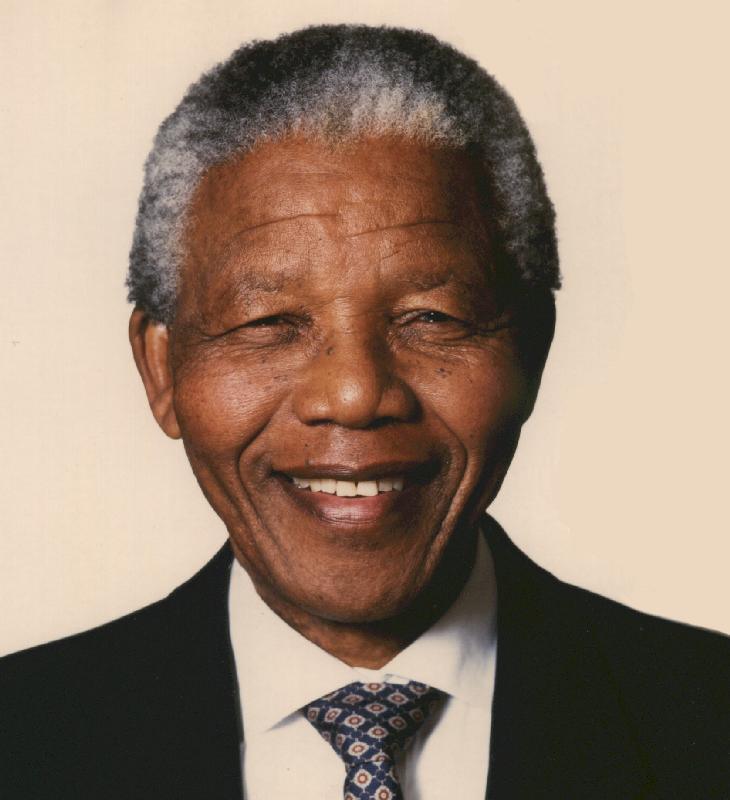
I spent much of this week watching TV on the life of our beloved Nelson Mandela. What an extraordinary man we had as our President who brought about democracy in South Africa. Humility, forgiveness, empathy and love are some of the many lessons that we can learn from this man who spent 27 years in jail and emerged as a world leader.
When I counsel I often advise people to look at themselves as an actor in their lives. The script for your life is not set in stone. You can change the script! Look at your behavior and weigh up whether the consequences are what you would like. If not… then change the script.
So I was interested to read something along these lines in an obituary written by Mark Gevisser in the Mail and Guardian (December 6-12 2013, page 4).
In prison, Mandela had time away from the spotlight he had time to think about life. Mandela “learned about human sensitivities and how to handle the fears and insecurities of others, including his Afrikaner warders. He was sensitized by his own sense of guilt about the family and friends he had used during his political career. Mandela was racked by remorse about his absence as a husband and a father. By coming to see himself as an actor – a perpetrator, if you like – as well as a victim, he developed his most admirable quality: a capacity for empathy.”
He used this ability to empathize as a strategy to get what he wanted – for himself while in prison, for his people, and for his country. Empathy is the ability to ‘walk in another person’s shoes’ and so even the prison guards were won over. And to empathize you have to be a good listener, which he was, making people feel at ease.
This ability to empathize was the root of his almost inhuman lack of bitterness and forgiveness as well as his desire for reconciliation. Bitterness which leads to anger and a lack of forgiveness would have resulted in a different couse of events in South Africa’s history. Even where goodness wasn’t evident in others, his attitude and respect to others, that is, his empathy, elicited the goodness he knew was embodied in every person.
He used his humor to help other relax or to disarm them or both, depending on the circumstance. He did not take a step – or do a jig – without calculating the odds. For the Rugby World Cup in 1995, Mandela insisted on keeping the Springbok emblem, which was strongly associated with the white oppressors. Mandela’s bigger purpose was reconcilation and it worked, the white people of South Africa were won over by his action. Mandela thought about the consequences of his actions. He certainly was a leading actor on the world stage.
So often we get bogged down by the small details of our lives, filling them with bitterness and unforgiveness, which ultimately affect how we behave. In Mandela we have a role model who experienced the worst that life could deliver, but his attitude to life and to others meant he reached great heights.
Lessons we can learn
- Believe that there is good in all people. Even when people appear to be trying to do you harm (like Mandela’s captors) still believe that there is good within them, a goodness that needs to be coaxed out. Empathy is what makes people feel loved and understood. Try to understand others before you try to get them to understand you.
- Listen well and forgive. Forgiveness is for your own sake as without forgiveness, bitterness takes root which is so destructive to the human spirit.
- Weigh the consequences of your actions. There is the well known saying “If at first you don’t succeed, try and try again.” WRONG ADVICE! Change that to: “If at first you don’t succeed, reevaluate what you are doing, form another strategy and then try again.”
Hamba kahle, Tata – Go well, Father!
For excellent advice on learning how to deal with anger by using empathy please click here.

Leave a Reply